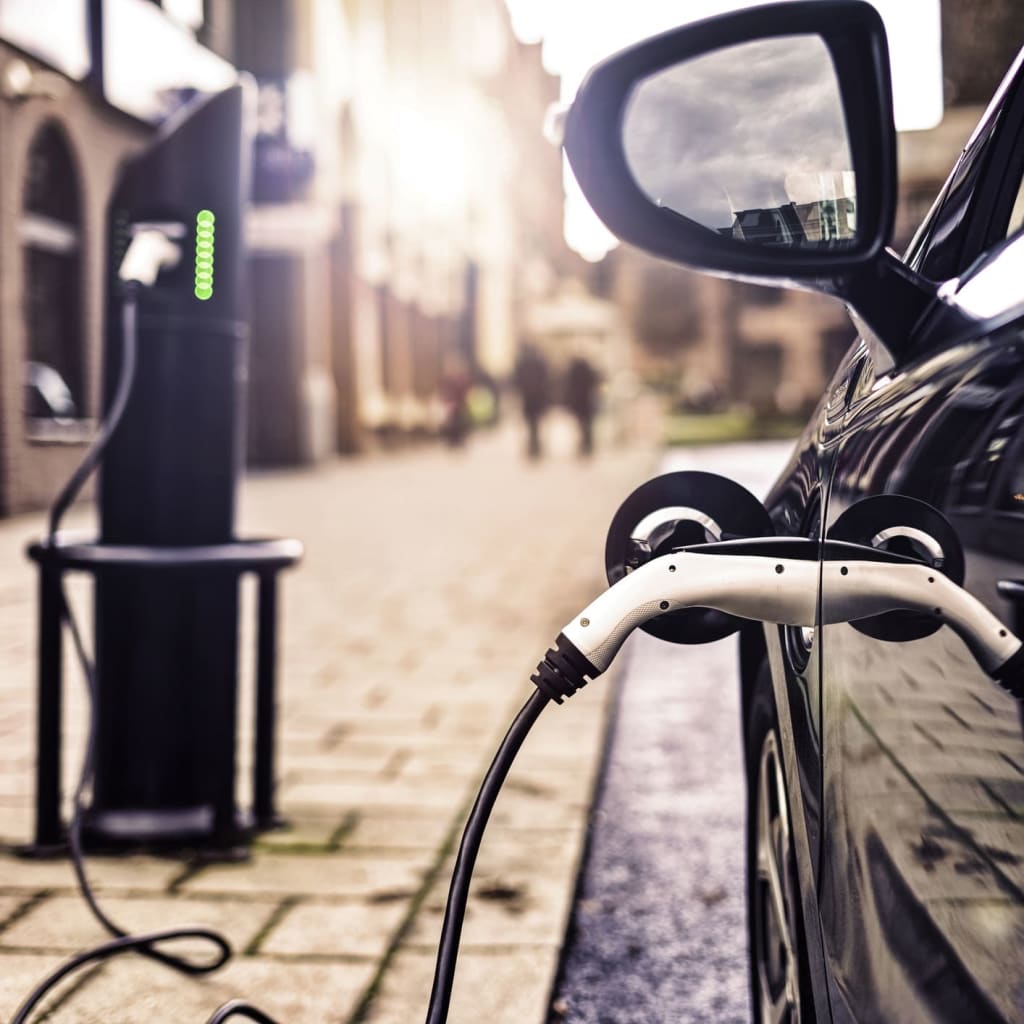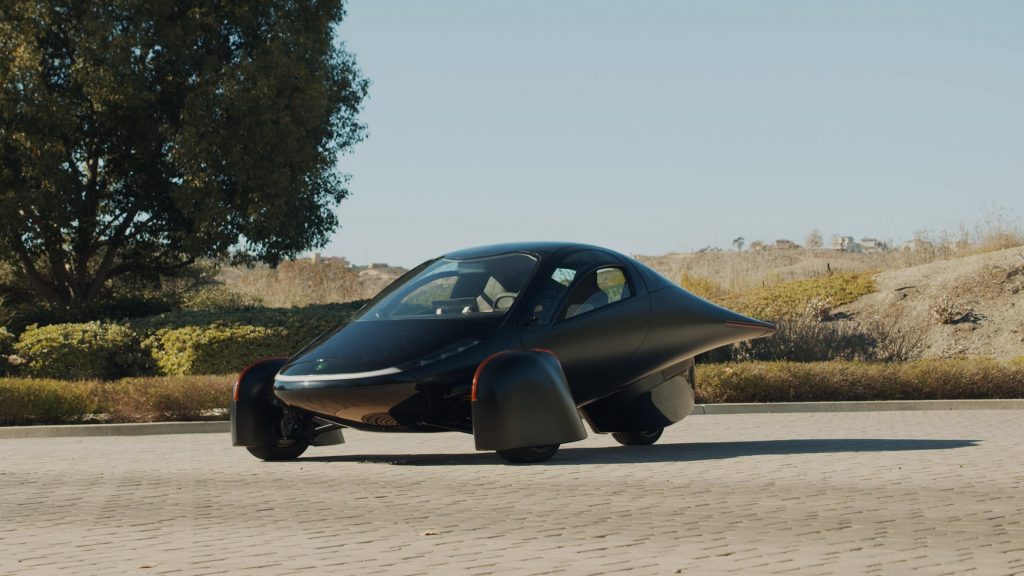Mr. Coffee
Well-Known Member
- Region
- USA
- City
- A Demented Corner of the North Cascades
You are assuming that electric cars will stay expensive. I very much doubt that, and as economies of scale are achieved I expect prices to drop precipitously.I don’t know where you think people will have money to just buy these very expensive electric vehicles so they can just ABANDON their ICs.
The first cell phones cost nearly $4000. Ten years later they were selling for around 20 percent of that price. A cell phone of similar functionality today is basically free and the phone company is making money on airtime. And that $1000 iPhone has insanely more functionality than any phone had 25 or 30 years ago.
There is also considerable evidence that range is increasing dramatically. Early Teslas from 5+ years ago had about 200 mi range, which was a big deal for the time. They are pushing 350 miles now and are talking of ranges approaching 500 miles in the near future. So that six-hour round trip in the country sounds pretty feasible, unless you are driving at 90mph the whole way...













